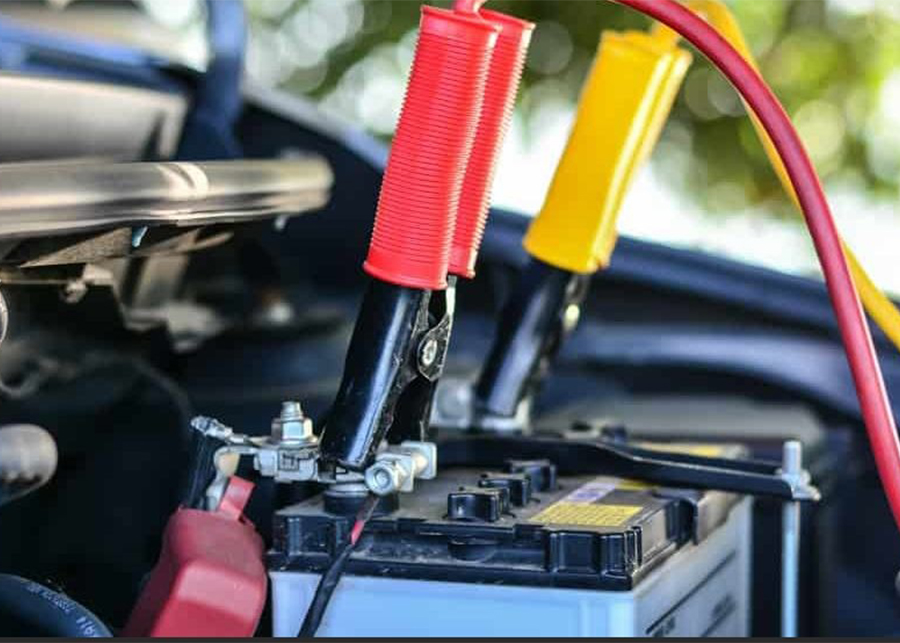How long should a car battery last? As car owners, you want to make sure your car is running well at all times. Part of maintaining your car’s health is making sure the car battery is in good condition. That’s why it’s important to know how long a car battery should last and what causes them to expire. Here are some answers to the most frequently asked questions about car batteries
As a car owner, you want to make sure your car is running well at all times. Part of maintaining your car’s health is making sure the battery is in good condition. So, how long should a car battery last? And what can you do to prolong its life? Keep reading for answers to these questions and more.
So, How Long Should a Car Battery Last?
A car battery is a storage device for electrical energy. It is used to start the engine and power the electrical systems of a vehicle. The battery is usually in the form of a lead-acid battery, although other chemistries are being used in some newer cars.
The battery contains electrolytes that allow it to create an electrical current when it is connected to a load. The most common type of load for a car battery is the starter motor, which starts the engine. Other loads include the lights, radio, and other accessories in the car.
The car battery is the heart of the electrical system in your car. It stores energy and sends it out when needed to start the engine, power the headlights, and run all the other electrical systems in your car. The battery gets its energy from a chemical reaction that takes place when you put acid into it. This is called electrolysis.
A car battery should last anywhere from two to five years, but factors such as extreme weather conditions and how often the car is driven can affect how long the battery lasts.
It’s a good idea to have your car battery tested regularly so you can catch any problems early on and prevent your car from not starting one day. If your battery is more than three years old, it might be time to consider replacing it.

How to Make a Car Battery Last Longer?
There are a few things you can do to help your car battery last as long as possible.
First, keep your car clean. The dirt and dust that builds up on the battery and around the terminals can cause corrosion, which will shorten the life of the battery.
Second, make sure you always keep the terminals clean and free of corrosion. You can do this by using a wire brush to clean them off every now and then.
Third, don’t let your car run for too long without starting it up. As all batteries do, car batteries tend to lose stored power when they are not charged. Cars have alternators that generate electricity and recharge the battery.
How Long Should a Car Battery Last? Result
You may not realize it, but your car battery is one of the most important parts of your vehicle. Without working properly, you won’t be going anywhere – which is why it’s a good idea to have your battery tested regularly. If your battery is more than three years old, it might be time to consider replacing it. You can get many miles out of a car battery if you take good care of it, and having it tested regularly is an important step towards this end. With so many other expenses in owning and maintaining a vehicle, there are few investments that will have greater impact on the quality of your car’s performance.
F.A.Q
Can a car battery last 10 years?
The average lifespan of a car battery is 5 to 7 years. If batteries have not been recharged after each use, they will start to lose their charge and may die before the end of the 5-to 7-year window. The lifespan can be extended if you go about maintaining the battery properly and always keep it charged. On very rare occasions, batteries can last up to 10 years.
Will idling a car charge the battery?
Fundamentally, the answer is yes. However, there are a few different caveats to consider before you start idling your car in an attempt to recharge your battery. First, if your alternator is weak or not working properly, the battery won’t be able to charge while the engine is running. Second, even with a fully functional alternator and engine, it can take quite a long time for your battery to charge when the engine is simply idling. This is mostly due to that fact that you need a load on your alternator for it to effectively charge your battery. It’s similar to how you can’t push water uphill through a pipe without any pressure behind it. The main thing to take away from all of this is simple: don’t idle your car for extended periods of time in an attempt to charge the battery. The only thing it will likely do is run down the battery and wear out the starter motor.
